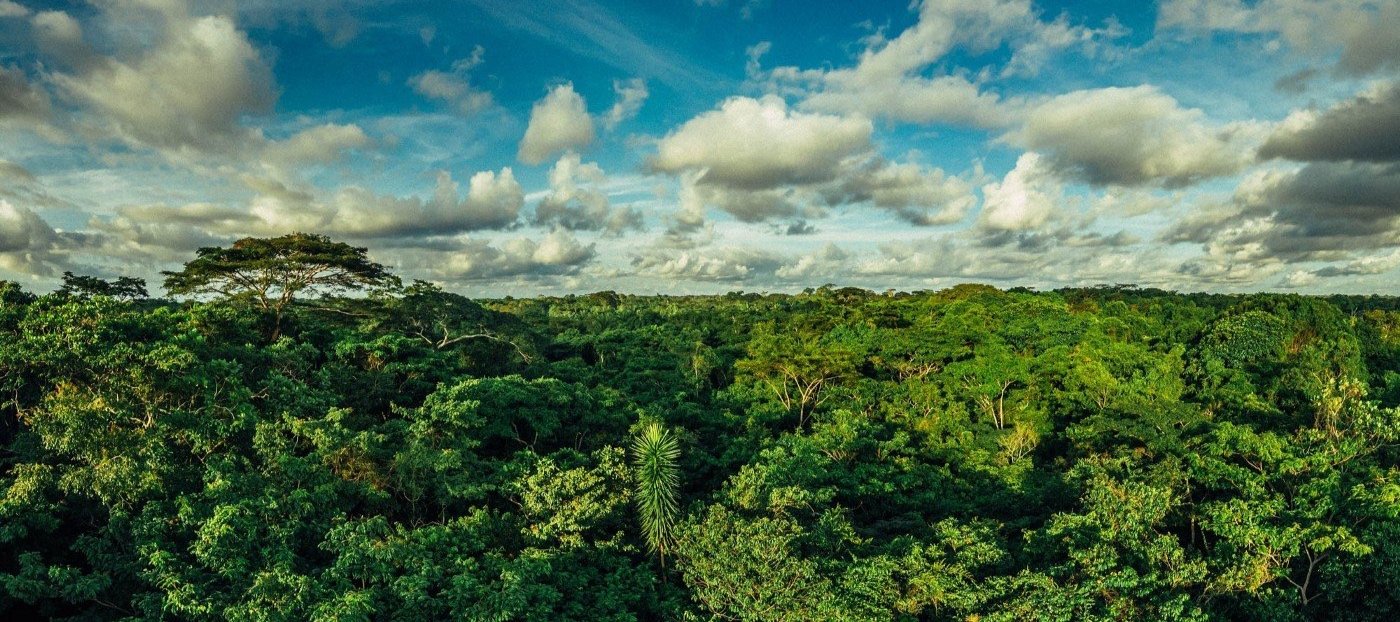TOWARDS CARBON POSITIVE
© Photos by Filip Agoo // CreateTheChange.tv
OUR FIRST STEPS TO BECOMING A
CARBON POSITIVE BUSINESS
The pace of climate change is relentless. The latest IPCC Report, published April 2022, calls for Greenhouse Gas (GHG) emissions to peak by 2025 if we are to avoid climate disaster. Though efforts to reduce emissions and mitigate the effects are increasingly woven into our daily lives, more action must be taken swiftly - and the sports industry is well placed to respond to this call.
There are pockets within the sports ecosystem where a concerted effort is being made to address the climate crisis, helped by global convening bodies who are trying to guide the sector towards improved sustainability practices, but this is not enough.
“Humans are ingenious, adaptive, clever. We also have moral capacity, compassion for life, and an appetite for justice. We now need to more fully engage these gifts to make economic life more socially just and environmentally responsible, and less destructive to nature and the commons that sustain us.”
-Vincent Stanley & Yvon Chouinard, The Responsible Company
CLEANING UP
OUR OWN HOUSE
The first action we recommend in our recent climate action report to all organizations within the sports industry is to start by looking inward. We have applied this framework to our own business, and have taken our first steps to becoming a Carbon Positive business.
As part of our B Corp Certification, we have begun the challenging task of analyzing our team carbon footprint, as well as looking at waste management, and starting to implement a carbon conscious travel policy.
As a global and remote team, we offset team emissions, including for their general household. We do this by supporting Mai Ndombe, a REDD+ Project in the DRC, that uses sport as one of the tools to educate on climate action.
This project provides an opportunity for local communities to generate investment, at the same time reducing the predominant causes of forest and biodiversity loss. Such investments include water wells that have been dug in the project area to provide clean water to more than 30,000 people, building and renovating schools, supporting food security and nutrition (such as through agricultural diversification), and providing capacity-building activities that empower local communities.
NEXT STEPS
We will be carrying out a more thorough assessment in the coming months, and will create a clear roadmap to not only offset our carbon emissions, but reduce them in the first place. The next phase will be to investigate carbon regenerative practices 17 Sport can contribute to.

